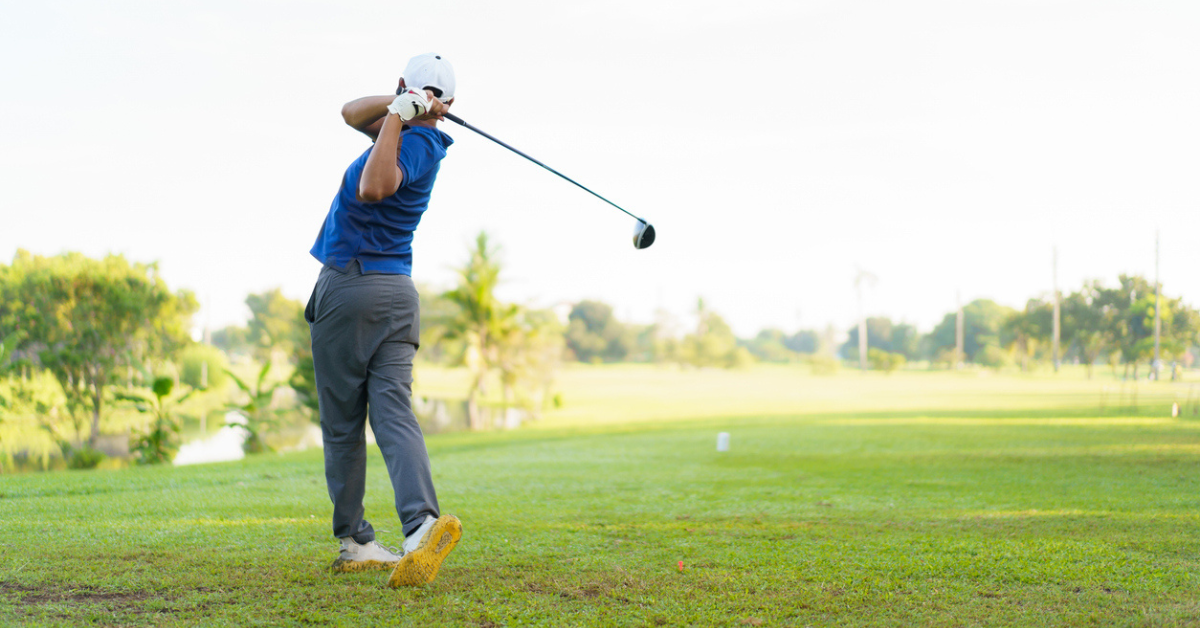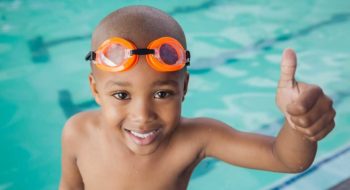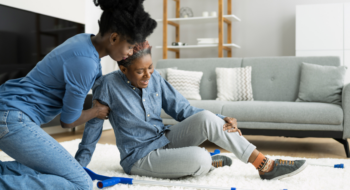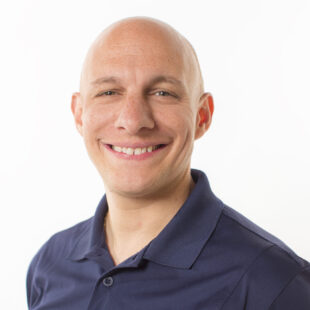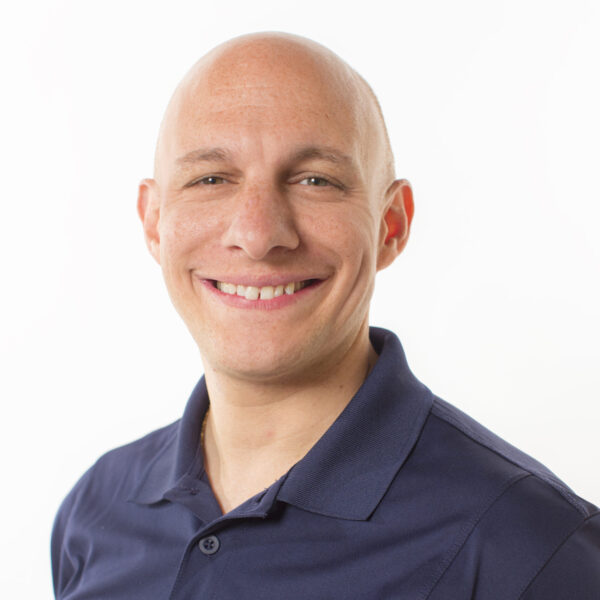With the warm weather, many people are getting back on the golf course.
But, if it’s been a while since you swung a club, now’s the time to prepare your body for stepping back into the tee box, says Vince DiGiovanna, senior physical therapist at Tidelands Health Rehabilitation Services at Pawleys Island.
DiGiovanna is a certified golf medical expert through the Titleist Performance Institute and is certified to help golfers correct problems with their swings to avoid injuries.
Lower back injuries are the most common golf-related problems DiGiovanna sees. This occurs among people who are new to the game or getting back into it after a break, he says.
People who have been sedentary for long periods typically have tight hip flexors and hamstrings – two parts of the body crucial to having a safe and successful golf swing.
When people feel tight or have an existing physical issue such as a knee, hip or elbow problem, they tend to adjust their golf swing to compensate, setting them up for injury.
“People always try to hit the ball as hard as they can,” he says. “If they’re tight in the hips, that can lead to back problems.”
His first recommendation: be honest about your limitations going into the golf season.
“They need to know their limitations – particularly around their flexibility – and not try to emulate professional golfers they see on TV,” DiGiovanna says. “They need to work with their body.”
That means warming up before you hit the links.
“If you meet your friends on the tee first thing in the morning, your body’s not ready to do what you want it to do,” DiGiovanna says.
Before you settle in for that backswing, start with practice swings – starting with your legs to loosen up those hamstrings and hip flexors. Follow up with gentle practice swings of the club to get your body used to the motions.
Easy does it, particularly if you’re not among the Grand Strand’s handful of year-round die-hard duffers.
“The 90-year-old who plays a lot – he’ll fare better than a 30-year-old who decides to take it up for business,” DiGiovanna says.
And if you do get injured?
That’s your body telling you to back off a bit, DiGiovanna says.
Playing through the pain can only lead to more problems, so a strained back or sore elbow is a warning to take a break, rest your body and pay more attention to warming up in the future.
“If you have an acute injury, things need to settle back down before you do anything else,” DiGiovanna says. “After you’ve addressed the injury, it’s time to start working on the mechanics and the flexibility so you can avoid those compensating motions that led to the injury in the first place.”
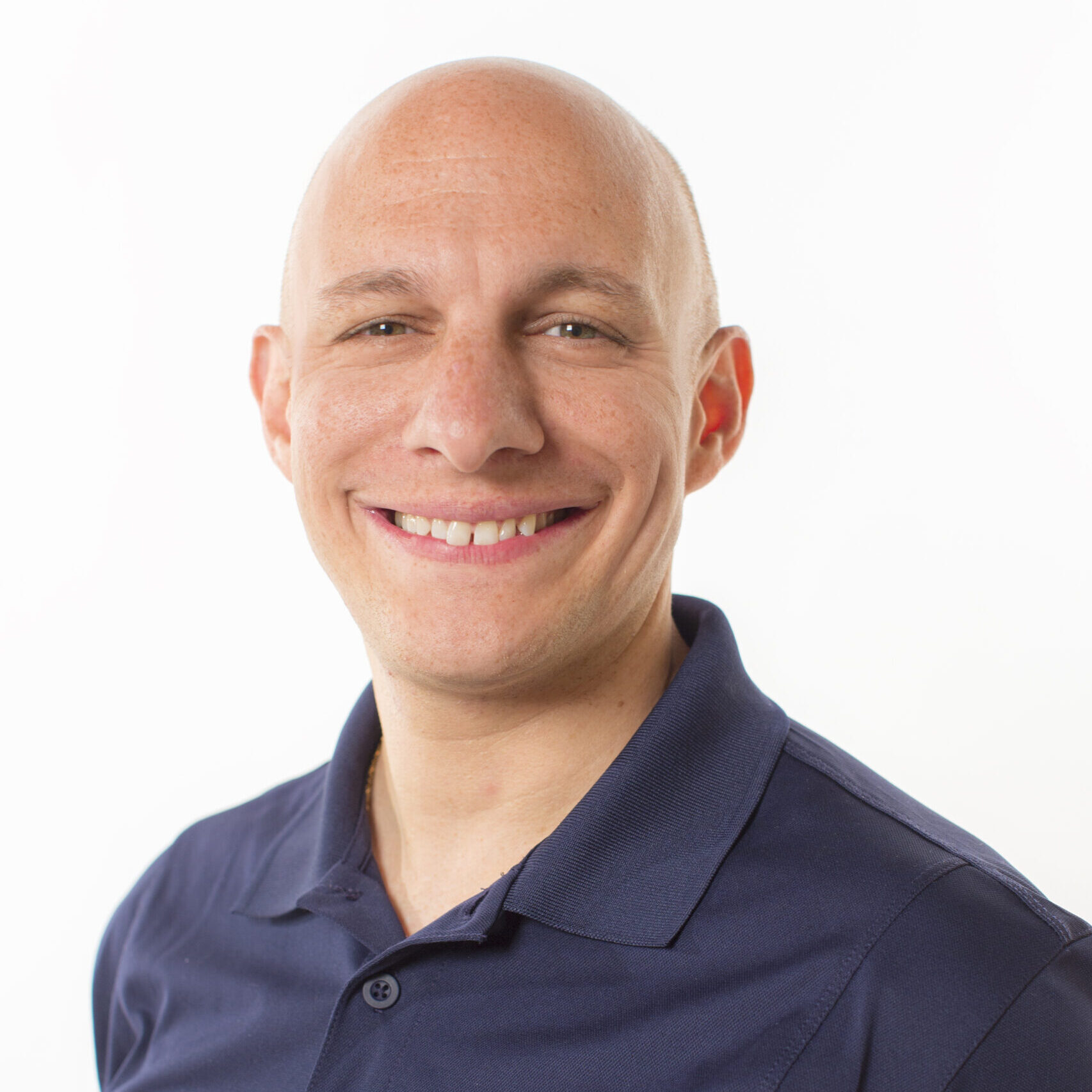
Vince DiGiovanna
Senior physical therapist at Tidelands Health Rehabilitation Services at Pawleys Island
Call to Schedule
Bio
Vince DiGiovanna is a senior physical therapist with Tidelands Health. DiGiovanna specializes in the treatment of spine and musculoskeletal issues and sees patients at Tidelands Health Rehabilitation Services at Pawleys Island.
Learn MoreMeet the Expert
Vince DiGiovanna
Call to Schedule
Vince DiGiovanna is a senior physical therapist with Tidelands Health. DiGiovanna specializes in the treatment of spine and musculoskeletal issues and sees patients at Tidelands Health Rehabilitation Services at Pawleys Island.
